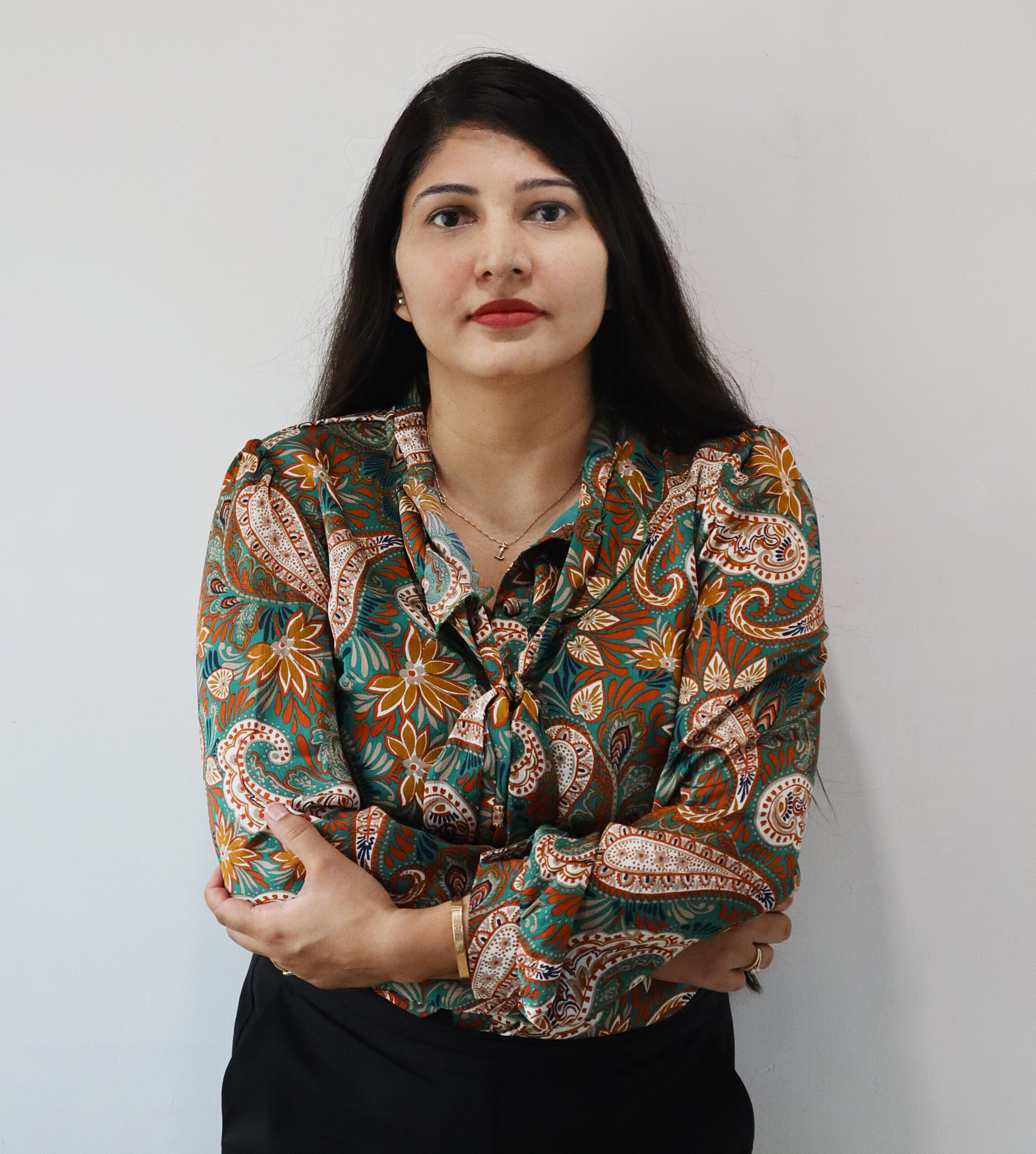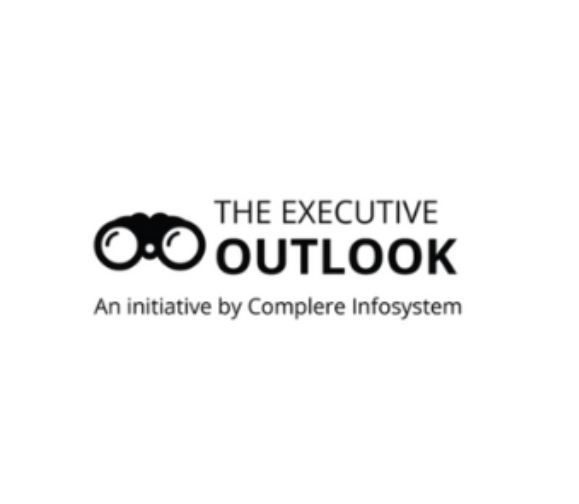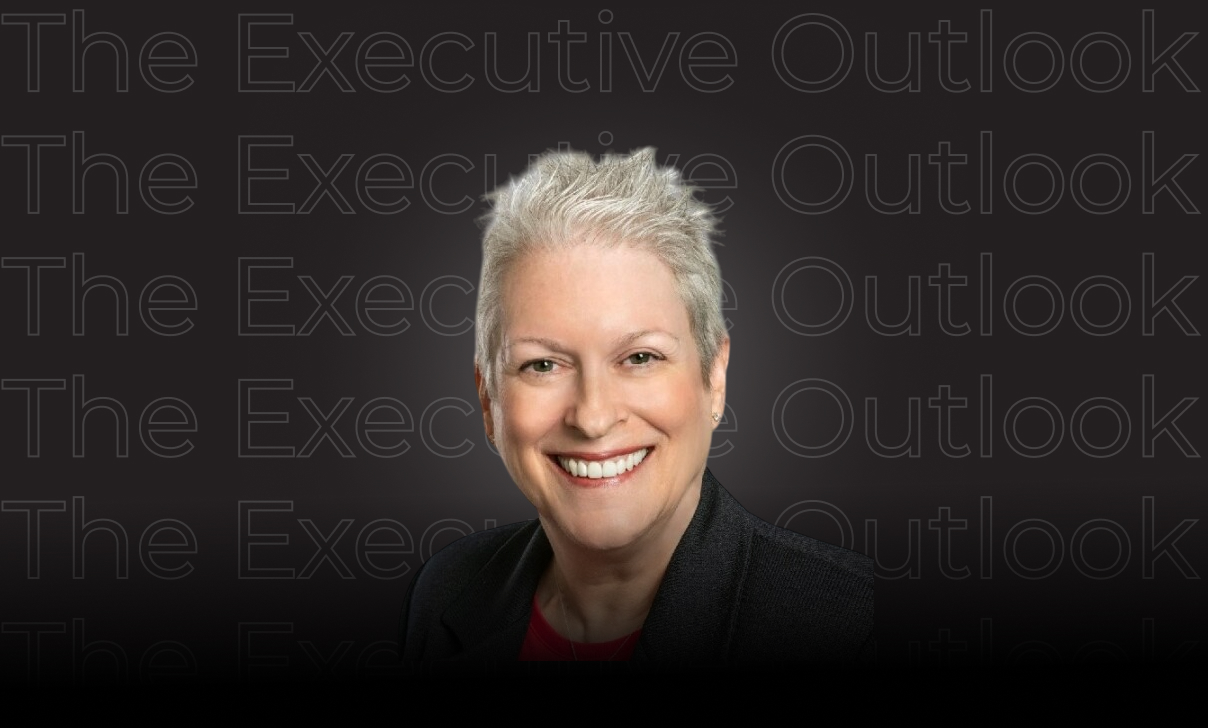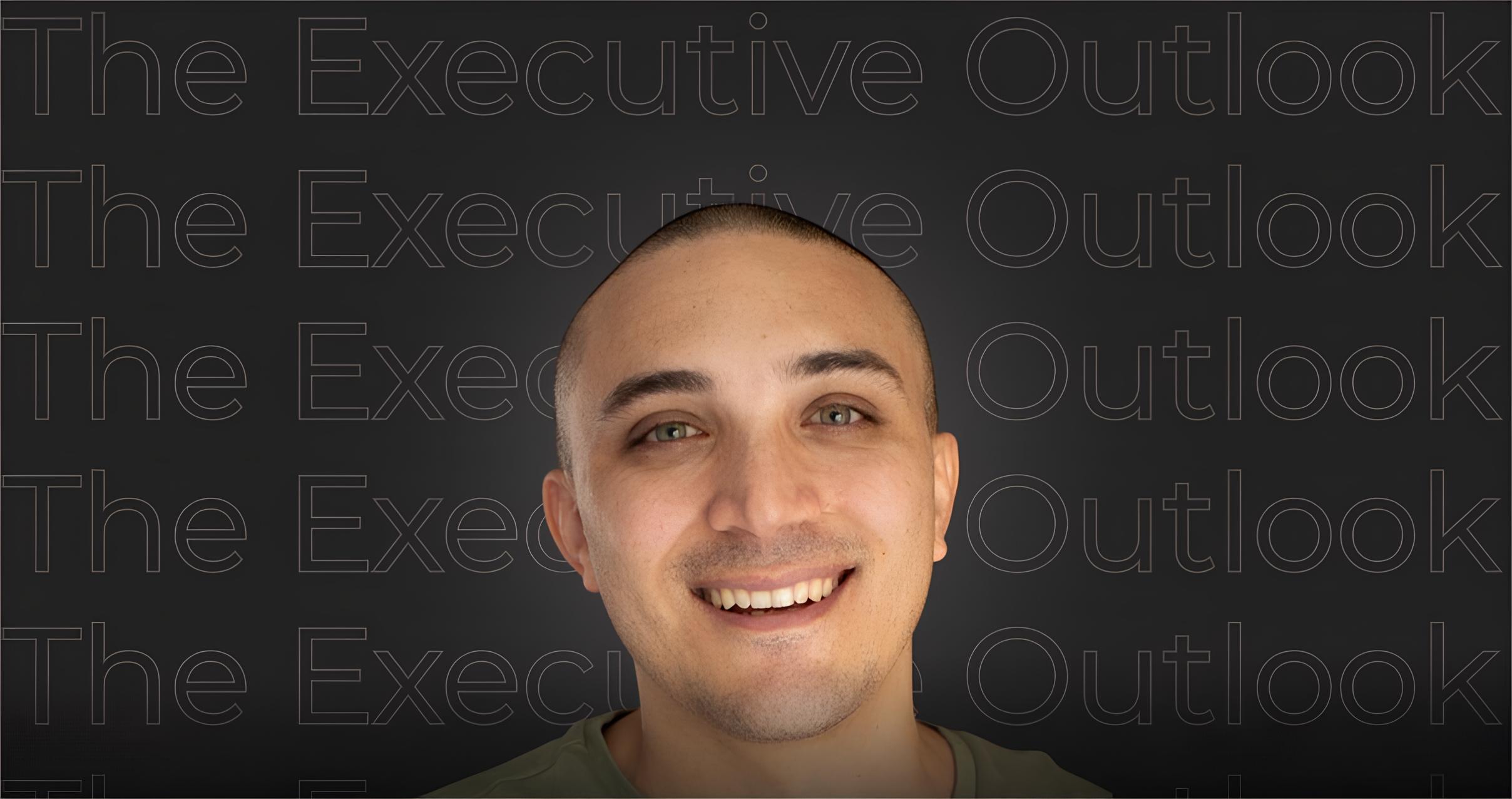In this edition of The Executive Outlook, we speak with Dr. Celeste Fralick, Chief Data and Technology Officer at Choir Corp. Her career spans over forty years in biomedical engineering, data science, and technology. She has led projects in many industries, supported sustainable solutions, and guided future leaders. Her story is one of curiosity, persistence, and a deep love for data that has shaped every stage of her professional life.
Watch the full conversation on YouTube by clicking the link below:
Prefer to listen on the go? Tune in to the full podcast episode on Spotify below:
Click here to discover more life stories and insights from leaders shaping the future of data and technology.
Editor Bio

I’m Isha Taneja, serving as the Editor-in-Chief at "The Executive Outlook." Here, I interview industry leaders to share their personal opinions and provide valuable insights to the industry. Additionally, I am the CEO of Complere Infosystem, where I work with data to help businesses make smart decisions. Based in India, I leverage the latest technology to transform complex data into simple and actionable insights, ensuring companies utilize their data effectively.
In my free time, I enjoy writing blog posts to share my knowledge, aiming to make complex topics easy to understand for everyone.





